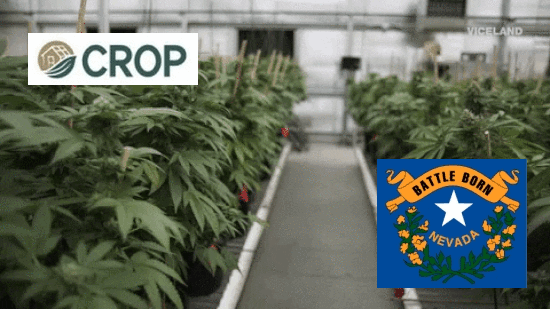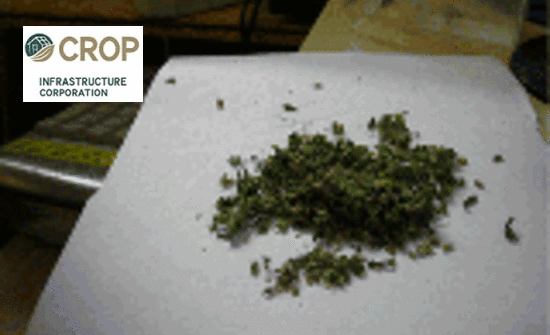CROP Infrastructure (CROP.C) is in their bag.
On June 14, 2019, Crop closed a $1M secured convertible debenture offering. Under the terms of the deal, allow for the outstanding amount under the debentures to convert into common shares at $0.30.
Why? Crop needs money to fuel its expansion, and, boy, is it ever expanding.
Last week, the company announced its Emerald Heights retail brand had secured a license for a “retail, delivery, and smoking lounge in Cathedral City, California,” and Crop has retained a real estate broker to find the perfect location for their flagship store.
This store will be integral to Crop’s attempt to move their first batch of products. These offerings include 30,000 vape cartridges, flower, 200,000 pre-rolled cones and 100,000 joints.
“These products are intended to be sold in the first Emerald Heights store and have a total wholesale value of $2,860,000 USD if sold through the company’s distribution company and partners and if sold at the Emerald Heights location a total retail value of over $6,000,000 USD.”
–Crop’s June 14, 2019 press release
But first, Crop needs a place to sell and distribute these products, and licenses don’t come cheap. To that end, Crop has put down a USD$30,000 deposit and will pay an additional $220,000 once the final transfer of ownership on the license is complete.
But that’s not all folks…
In the Pacific Northwest, Crop’s subsidiary, DVG, acquired additional outdoor facilities for a tenanted cannabis farm in Washington State.
The company says the farm is a turnkey operation operated by a Tier 3 licensed tenant ready to roll for the 2019 season.
Under Washington law, Tier 3 licensees are allowed to grow “between ten thousand square feet and thirty thousand square feet of dedicated plant canopy.”
Crop Infrastructure paid $46,000 in cash and issued two million shares at a price of $0.30 each for the facilities.
“In the roll out of the Hempire and Evolution brands we have continually worked with the team tenanted at these locations. It seemed only natural to align all parties’ interests as we continue to execute on our America-wide focus with this team.”
–Michael Yorke, Crop CEO
To summarize, Crop now has THC and CBD producing assets in Oklahoma, California, Nevada and Washington.
Though, as always, it’s important to note Crop doesn’t actually own these assets.
The company is a real estate investment trust (REIT) for the cannabis sector, meaning it owns the property and leases the land and equipment, and it’s fair to say this business model is already paying off: the company has accrued $642,000 in lease, rental and branding fees from its Park Project tenant in Washington since the beginning of 2019.
REITs have another benefit which has to do with the hierarchy of costs.
Basically, rent is calculated even before a company calculates its earning before interest, taxation, depreciation and amortization (EBITDA). That means, no matter what, Crop’s tenants pay their landlord before their profitability is even calculated.
If a Crop tenant was having a bad year, it may have to negotiate with suppliers for a better rate or freeze bonuses for executives if EBITDA is too low. But the rent gets paid. Period.
The company has positioned itself in a unique position within the cannabis space, one relatively independent of market volatility. When it comes down to it, what’s more important, your PlayStation or keeping the lights on?
Crop believes the latter, and so do we.
–Ethan Reyes
Full Disclosure: Crop Infrastructure is an Equity.Guru marketing client.








Is there any hope for this company?